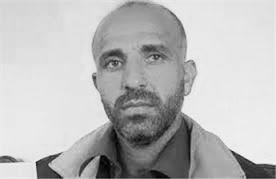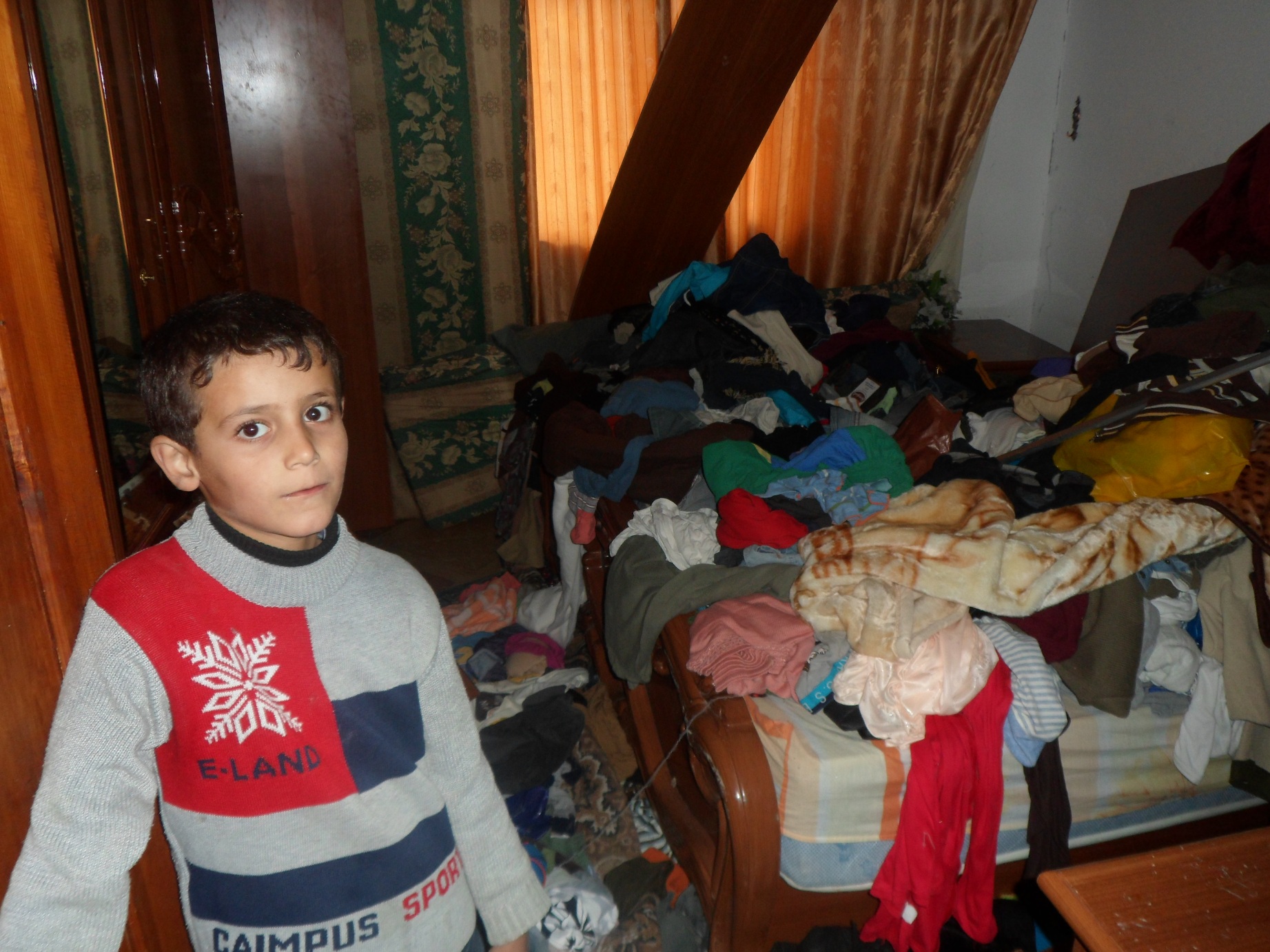Year: 2012
-
Clashes erupt in Hebron after Israeli forces provoke Palestinians in area H1 [Update: Video added]
6 December 2012 | International Solidarity Movement, Hebron, Occupied Palestine Clashes broke out in Hebron on Thursday after a confrontation between Palestinian Authority police and Israeli Occupation Forces. On Wednesday there was a verbal confrontation between a Palestinian Police officer and the Israeli Army. The following day Israeli Forces spotted the Officer while they were…
-
Palestinian hunger strikers insist on gaining their freedom even if the cost is their lives
5 December 2012 | Addameer Addameer Prisoner Support and Human Rights Association expresses its deep concern for the health and lives of five Palestinian political prisoners that are on hunger strike to protest their unjust detention in Israeli Occupation’s prisons. The five current hunger strikers are: Ayman Sharawna (158 days), Samer Al-Issawi (127 days), Oday…
-
500 Israeli soldiers ransack homes in Burqa
06 December 2012 | International Solidarity Movement, Burqa, Occupied Palestine Around 500 Israeli soldiers invaded the village of Burqa, north-west of Nablus, in the middle of the night, ransacking homes and causing damages amounting to thousands of euros. Soldiers arrived in over 30 military jeeps at around 1:00 am and broke into 36 houses where…

![Clashes erupt in Hebron after Israeli forces provoke Palestinians in area H1 [Update: Video added]](https://palsolidarity.org/wp-content/uploads/2012/12/hebron1.jpg)

